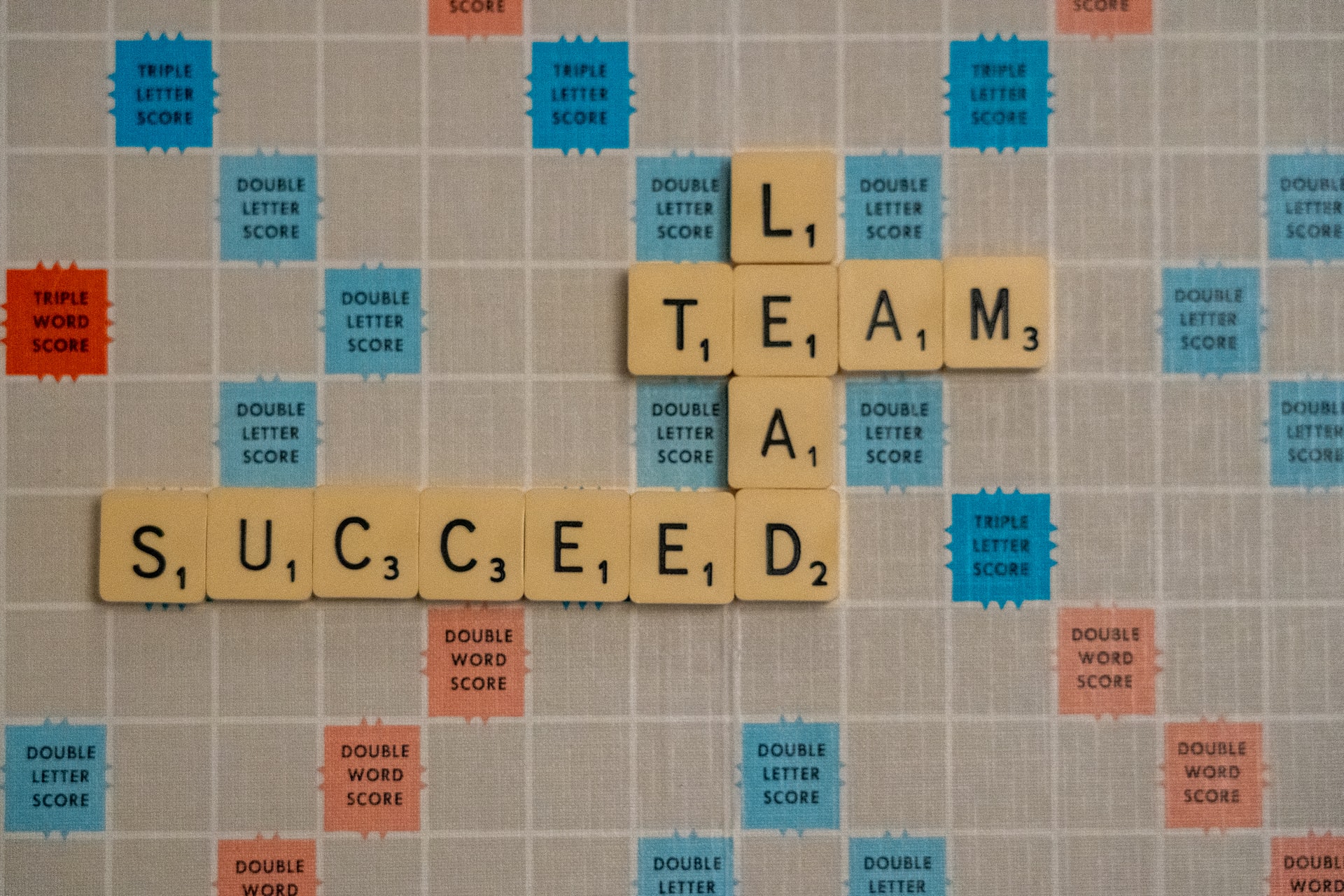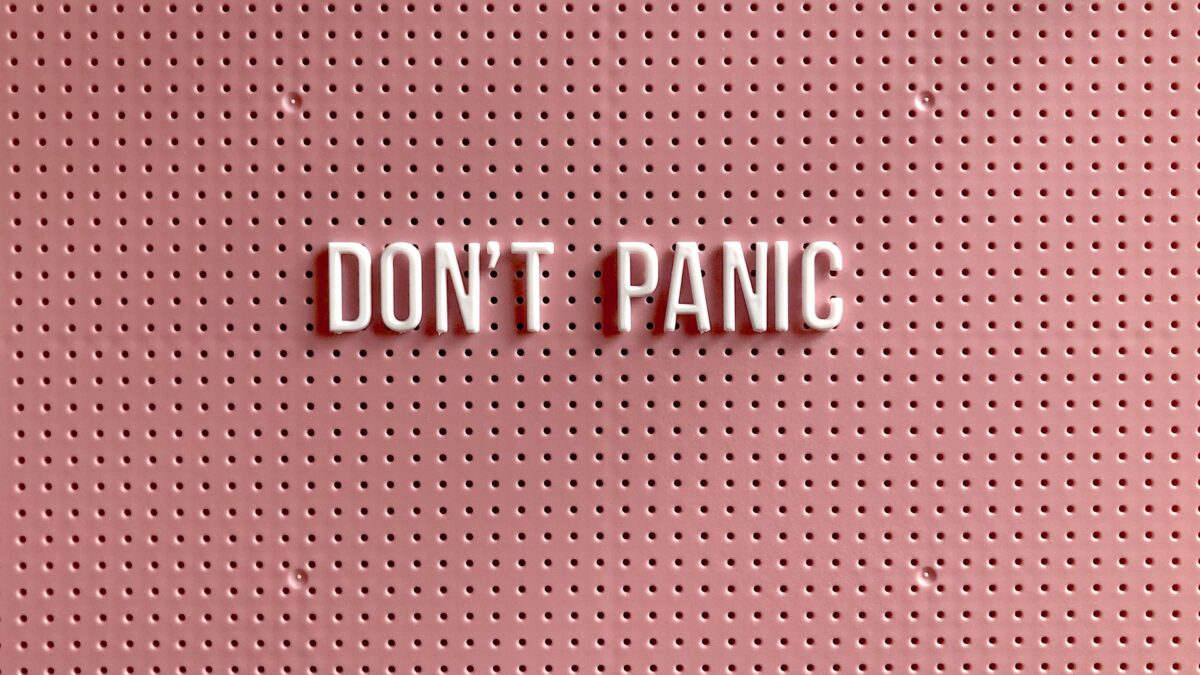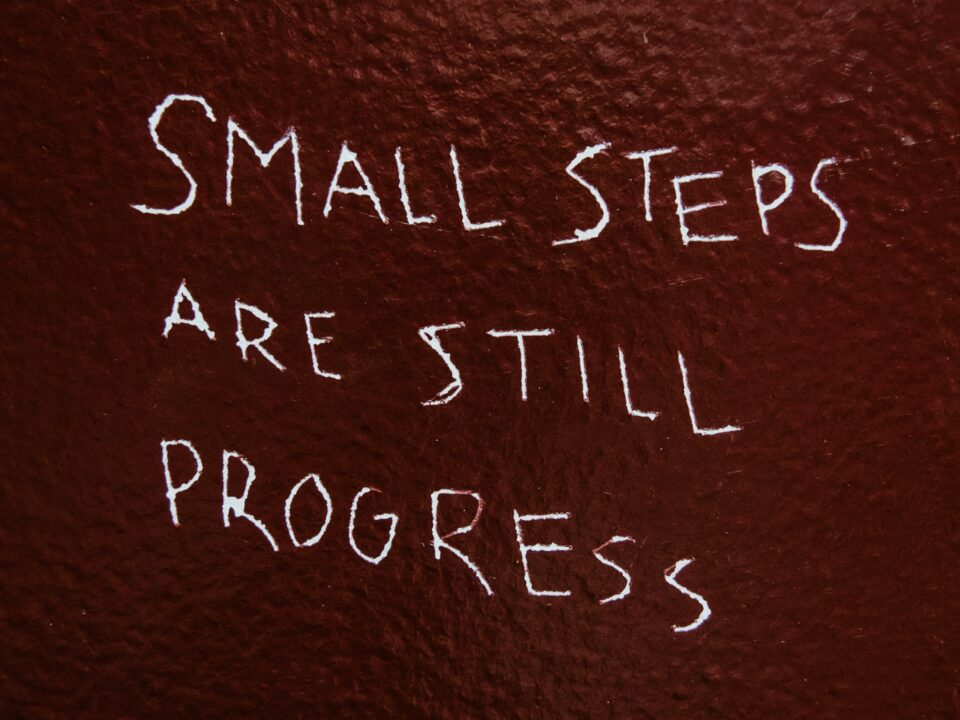
Strategic Leadership
April 1, 2022
The Thomas-Kilmann model for managing conflict – choosing the right conflict response
May 9, 2022Conflict: how can it be a good thing?
In May 2021, workplace expert Acas published a report which showed nearly half a million employees resign every year as a result of workplace conflict. It also revealed the potential for increased conflict as organisations try to adapt to changes after COVID-19.
There’s a clear benefit to handling conflict early. Not least avoiding stress and impact on team morale. But unpick the problem, and you might find it’s productive and leads to positive change.
Here’s why.
How can conflict be a positive thing?
Many of us shy away from disagreement. It can be uncomfortable. But actually, if handled well, conflict can be a gift.
We can learn from it. It can get things changed. It can lead to improvement. If everyone behaves ‘safely’, innovation and growth can stifle.
The more we bring a diversity of thought into the workplace, the more common conflict becomes.
So, managers need to get comfortable with dealing with it. More than that, they need to get comfortable with harnessing it.
Facilitate a proactive conversation
If conflict isn’t managed it can be disruptive. People should feel safe speaking up in the workplace.
Think about a process that someone feels isn’t working. The frustration may manifest itself in team morale and potentially poor customer experience. But the conflict that kicked off the issue – if handled the right way – can become productive and lead to change.
As a manager, you can facilitate a conversation about what is working. What are the issues a team member has identified? What impact is that having? How can it be done differently?
In that situation, you can get the person with the issue and the process owner together to figure out a way forward. You might be asked to support that conversation, but it would be helpful if the two people take ownership and arrive at their own solution based on their experiences.
Fight or flight? Recognise reaction to conflict
People’s responses to conflict are different. Some shy away or bury their head in the sand. Others charge straight in to sort it out. Their response may be tainted by a previous bad (or good) experience and may be different at work compared to in their personal life.
Figuring out the best approach for the person and the situation is important. In some cases, a timely, direct approach is better. In others, walking away to calm down and return prepared for a difficult conversation is a more constructive way of handling it.
Being aware of your own preference as a manager is important. But remember your preference isn’t always the best approach to conflict.
Practise difficult conversations
If you and your team have practised having difficult conversations , you’ll feel better equipped and more confident in handling tricky discussions that link to conflict.
Investing in your ability to deal with these issues in a positive and constructive way is critical to not just move on, but to learn and grow from these experiences.
Having a positive approach to conflict and how it can be a good thing could turn potential difficulties into improvements.
Cube Learning and Development delivers bespoke, personal coaching programmes to help you handle difficult conversations and conflict. For a no-obligation chat about this and our other training, call Chris Burton on 07879 602002.




